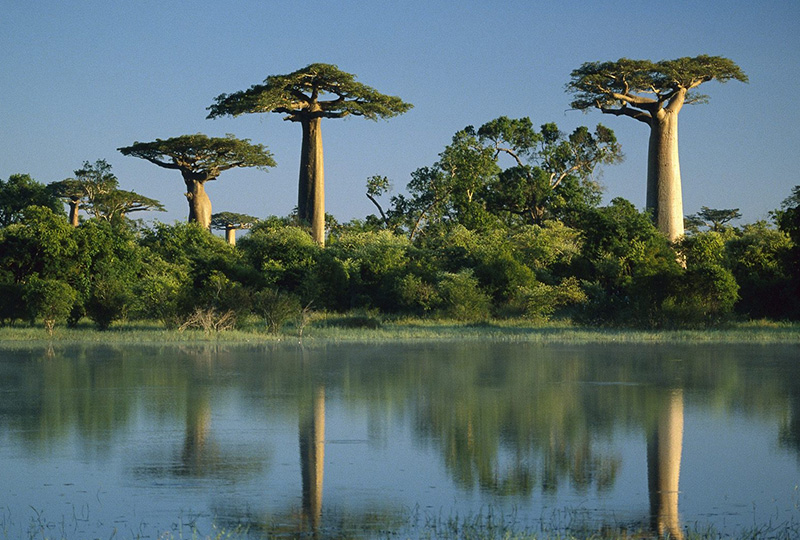The island of Madagascar, home to species that have undergone unique evolutionary adaptations.

1. Natural Environment
Madagascar is a land of diverse natural landscapes, including mountainous regions, tropical rainforests, savannas, and dry steppe areas. Its coastline is adorned with beautiful beaches and coral reefs.
2. Biodiversity
Madagascar boasts remarkable biodiversity, with a high percentage of endemic species found nowhere else on Earth. Unique mammals like lemurs and fossas, birds such as the Madagascar penguin and Madagascar fish eagle, and reptiles like chameleons and leaf-tailed geckos thrive in its ecosystems.
3. Culture
The Malagasy people, as the inhabitants of Madagascar are known, have a rich and diverse culture. They have their own language, music, dance, and traditional crafts. Malagasy culture is a fusion of African, Asian, and European influences, making it unique and captivating.
4. Environmental Challenges
Madagascar faces significant environmental challenges, including deforestation, wildlife poaching, illegal logging, and habitat destruction. Climate change and natural disasters also pose threats to the island's environment.
5. Conservation Efforts
Fortunately, both the Malagasy government and international conservation organizations are working to protect Madagascar's natural environment and promote sustainable development. This includes the establishment of national parks and reserves, community involvement, and environmental education initiatives.
Madagascar's rich natural beauty, unique biodiversity, and captivating culture make it a destination of global interest. However, addressing environmental challenges and building a sustainable future will require further efforts and commitments from all stakeholders.